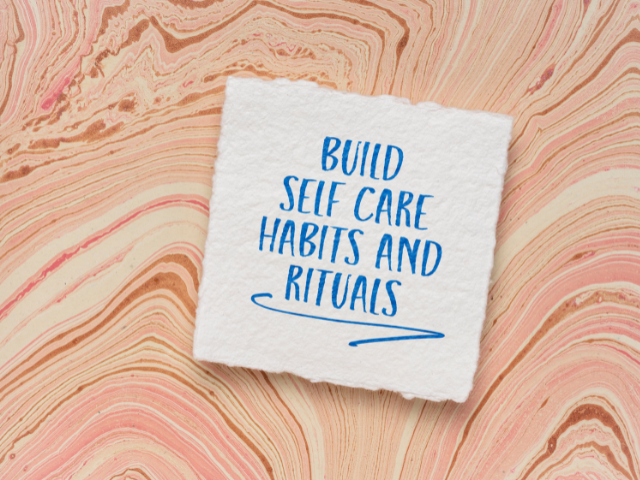What is Self-Compassion?
Self-compassion is the process of turning compassion inward, according to Kristin Neff, a pioneer in the study of self-compassion. She also states self-compassion requires being “kind and understanding rather than harshly self-critical when we make mistakes or feel inadequate.”
We recognize that as nurses we want to put our patients first while caring for them. But having self-compassion means allowing ourselves to take time for our own needs.
We hold ourselves to impossibly high standards, constantly striving to be the perfect nurse and coworker. The very act of trying to be perfect can lead to stress, anxiety, and, ultimately, burnout.
Nursing is more than a profession; it’s a calling. Self-compassion is not a luxury — it’s a necessity.
Burnout in Healthcare
As many of you know, burnout is rampant in nursing. With stressful work environments, long hours, and understaffing, it’s easy to see why.
The physical symptoms of burnout may appear first — insomnia, chronic fatigue, headaches, and stomach pain. The emotional symptoms can present as feeling detached from your job, irritability, or resentment toward patients, families, or coworkers.
You may ignore these signs and push through. Tough it out like you’ve always done. But what happens when you can’t anymore? What if pushing these symptoms to the side causes you to have a full-fledged breakdown?
To prevent this from happening, you need to take steps to prioritize yourself.









